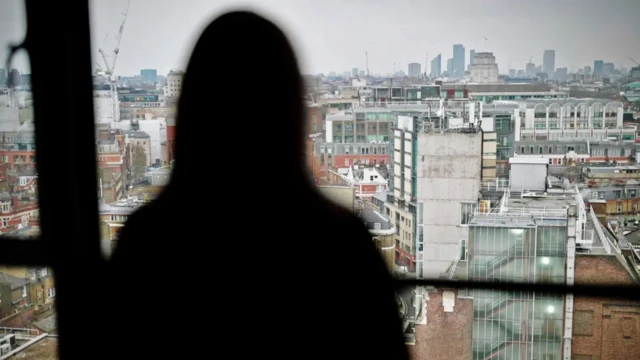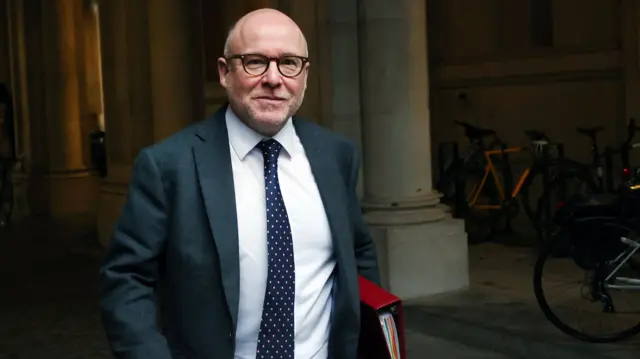'Eye off the ball, but no intent': Questions over how MI5 came to give false evidencepublished at 13:09 British Summer Time 3 June
 Thomas Mackintosh
Thomas Mackintosh
Reporting from the High Court
Eadie now faces a series of questions from two of the three judges, about the situation which led to MI5 giving false information to three courts.
"There may have been a taking an eye off the ball," Eadie says - adding "there was no intent".
Asked if there's anything more he wants to say about individual responsibility in the case, Eadie touches on Officer 2 - the senior MI5 figure who called the BBC's Daniel De Simone and said that X was an MI5 agent.
He says the officer underwent "15 hours of questioning" and "six interviews" from an experienced panel.
Eadie says "everyone was well aware of their credibility" and they concluded there had been no attempt from Officer 2 to lie.




